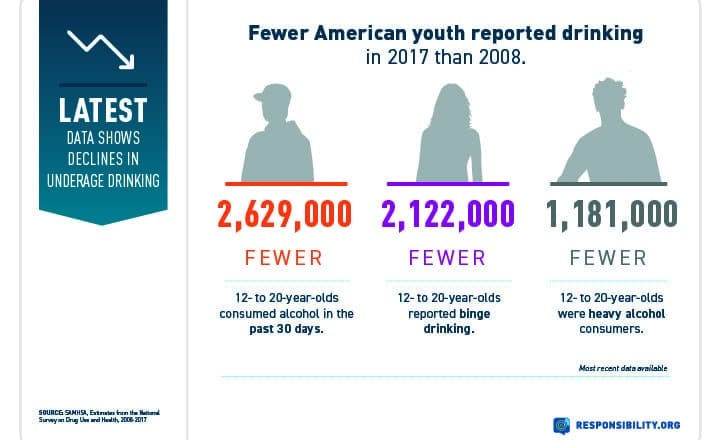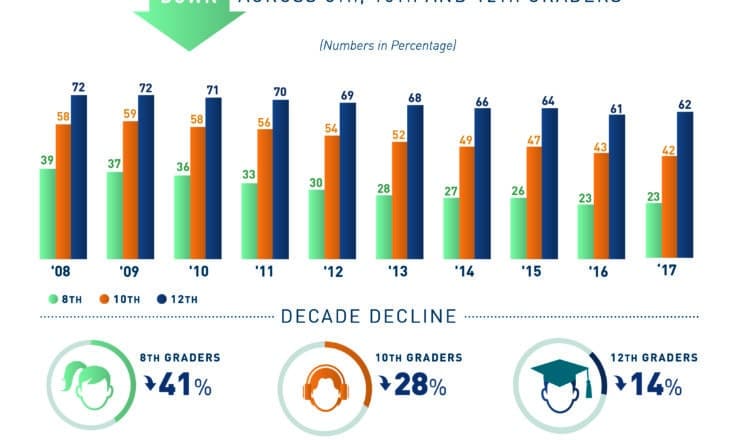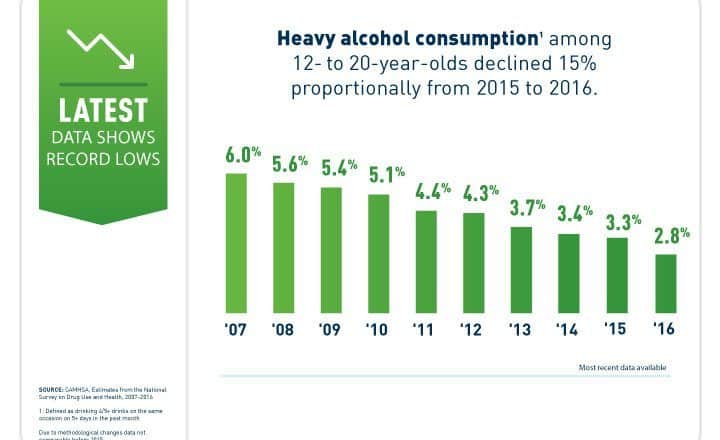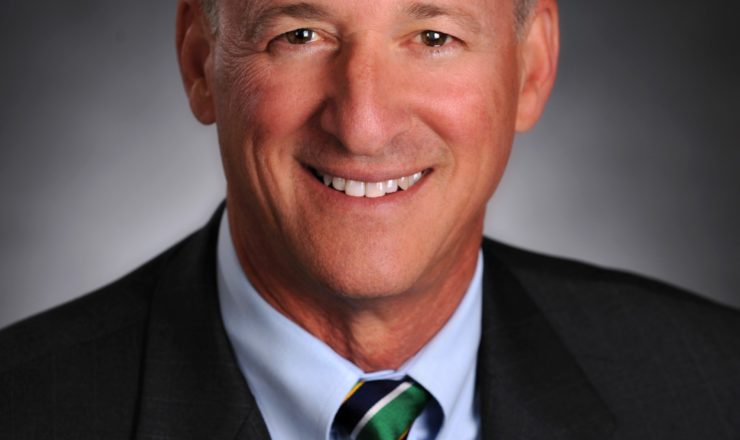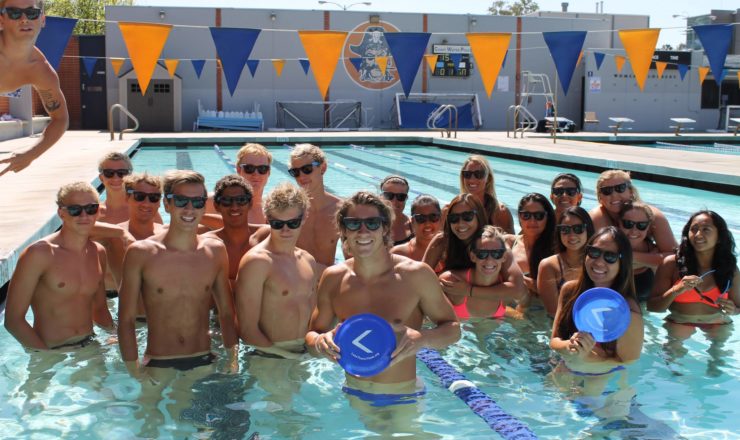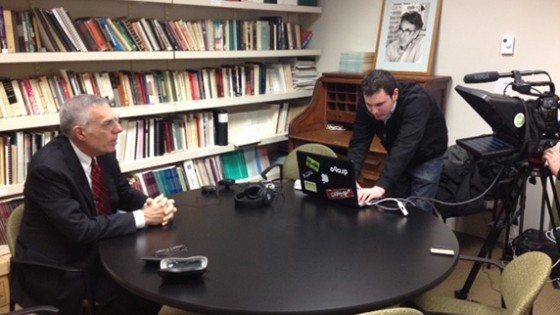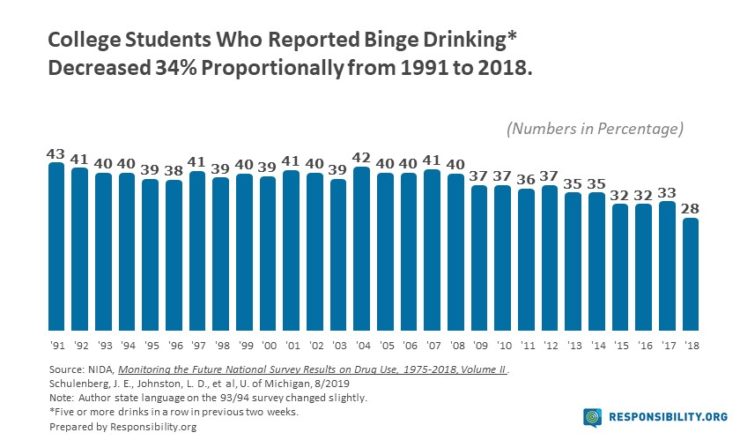Blog Series: Dr. David Anderson's 3 "R"s to ending college binge drinking (part 3)
This post is the final in a three-part series of Dr. David Anderson’s 3 “R”s to Ending College Binge Drinking. The first blog in this series can be found here, and the second blog can be found here.
Finally, attention to the theme of “renew” builds upon our review and reflection of where we are and where we have been; this points us into some new or renewed directions and commitments.
As I think about my nearly 40 years addressing college student alcohol abuse, I am struck by several things. It is clear to me that we know much, much more about effective and appropriate strategies to address high risk drinking among college students. We also have a much larger repertoire of resources and research to undergird, explain, and guide our efforts. We have heightened awareness on our campuses about problems associated with alcohol among our students; this is not hidden or unknown. My own research shows that we have more policies, more programs, more data collection, and more dedicated personnel to address this issue.
In short, I think we have many of the pieces in place, and we have the knowledge. What we need now is to expand the scope and nature of our efforts.
For example, while more campuses have a designated coordinator for alcohol or drug abuse prevention services, just having a person is not sufficient for addressing the problem. While our campuses gather data, we need to use this information to a larger degree with our strategic plan and with our monitoring activities to maximize effectiveness. We need to address, more effectively and creatively, the issues underlying young adults’ heavy drinking.
We would benefit from engaging students from across campus, including those with interest and background in areas such as marketing, journalism, political science, game design, media, and beyond, to complement those typically drawn from the health and social science areas.
To address, adequately, alcohol and drug abuse issues requires a comprehensive approach, a long-range strategic plan, creativity, and resources that are sufficient, innovative, and evidence-based. In short, to be successful, it requires a lot – a lot – of work, a longer-term vision, and commitment.
As we enter this annual alcohol awareness week, each of us as individuals — and as leaders within our organizations and campus — benefit from a renewed commitment to reviewing our efforts in terms of their appropriateness and adequacy for making a difference in the lives of our students. This is all within the context of changing the campus culture surrounding drinking. It is also in the context that many of these problems and issues are preventable.
The key question, now, is “To what, and how much, am I willing to commit myself?” There’s no question that this is a big, big job.
Prepared by David S. Anderson, Ph.D.
Professor of Education and Human Development
Director, Center for the Advancement of Public Health
College of Education and Human Development
George Mason University [email protected] www.caph.gmu.edu




